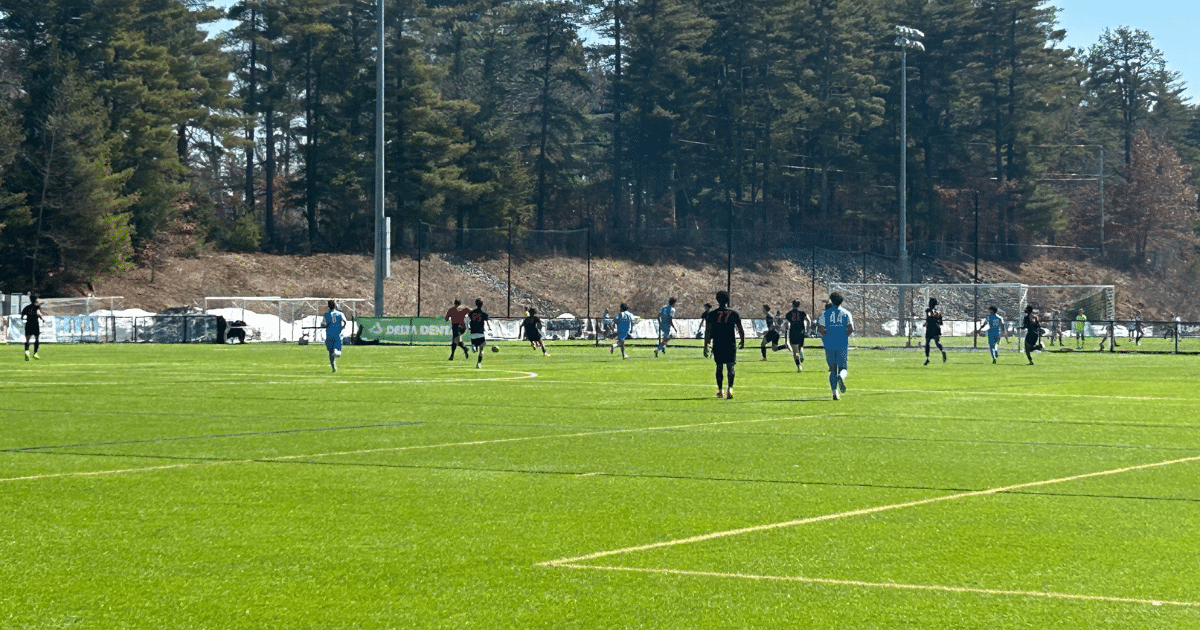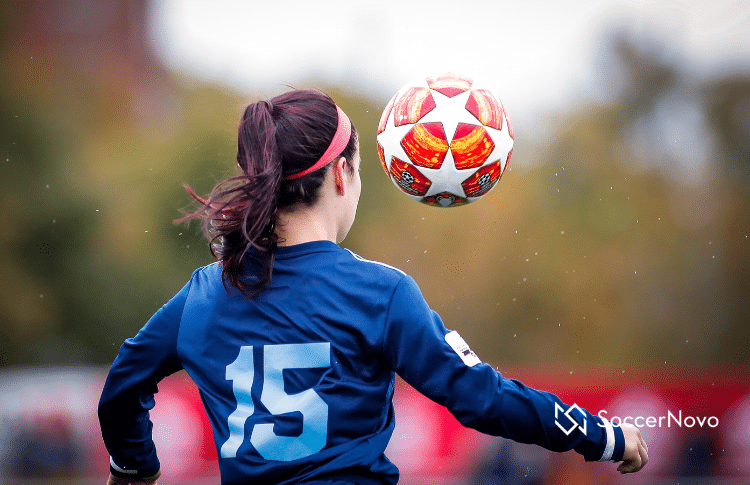Are Home Games an Advantage in Youth Soccer?

Youth club soccer players typically perform better at home games because they know their field, feel more energy without long car rides, and get boosted by familiar faces cheering them on.
This can be a surprisingly huge advantage in youth soccer.
TL;DR:
The Magic of Home Turf
Picture this: your 13-year-old steps onto their home field for a big match. They’ve practiced here three times a week all season. They know exactly where that tricky divot is near the penalty box and how the ball bounces off the goalpost.
Meanwhile, the visiting team is still figuring out if the grass is slippery or if the field slopes slightly to one side.
It may sound a bit over the top, but it’s a real advantage whether kids realize it or not.
Why Home Games Make Such a Big Difference
They Know Every Inch of Their Field
Club players spend hours each week training on their home turf. They learn things that seem small but matter during games. Maybe the ball bounces weird off one corner of the field. Or perhaps the sun creates a blind spot around 4 PM that makes headers tricky. Home players know these “secrets”, while visiting teams have to figure them out during the game.
Fresh Legs Beat Tired Ones
Club soccer means traveling. Sometimes that’s 30 minutes away, sometimes it’s three hours in a cramped van with the whole team. Kids who travel far often arrive tired, cranky, or with their game-day routine thrown off.
Home players? They wake up in their own bed, eat their usual breakfast, and show up ready to play. That energy difference is huge for young athletes.
The Power of Familiar Faces
Home games bring out more supportive crowds (even it’s just family). Teammates from other age groups stop by to cheer. Even school friends might show up. This support can give players confidence and help them push through tough moments in games.
Three Key Insights About Youth Home Advantage
- The home advantage grows stronger as kids get older and more experienced. Younger players (ages 8-13) don’t notice field differences as much, but by ages 14-19, home field knowledge becomes a real game-changer.
- Weather makes home advantage even bigger. When it’s raining, windy, or extra hot, home players who practice in those same conditions have a huge edge over visitors still adjusting to the environment.
- Home advantage works both ways – it can create pressure too. Sometimes home players feel stressed about performing in front of everyone they know, especially during important games.
The Routine Factor
Kids love routine, and home games protect that routine. Waking up in their own bed. Same locker room (or sideline setup). Same warm-up area. Same pre-game meals. Everything feels normal and comfortable.
Away games mess with all of that. Different bed if you stay at a hotel. Different bathrooms, different bench setup, maybe even different rules about where parents can sit. These small changes add up and can throw young players off their game.
What This Means for Parents and Coaches
Understanding home advantage helps everyone set better expectations. Don’t panic if your team struggles more in away games – that’s totally normal.
If you can, just think of it as another game. The best players don’t get frazzled if they are home, away, or at a national showcase. It doesn’t matter to them. This is a good place to be in.
For away games, arrive early so players can get used to the field. Let them kick the ball around and notice how it bounces. Keep pre-game routines as similar as possible, even in new places.
The bottom line? Home advantage in youth club soccer is real, and it comes from comfort, energy, and support – three things that matter extra to young athletes still learning the game.

Written By: SoccerNovo
SoccerNovo is an independent youth soccer media brand built to help parents, players, and coaches better understand the game and the pathways available in U.S. soccer. Our mission is to make youth soccer simpler, clearer, and more accessible for everyone involved in it.
Let’s connect







